Maintaining a smoothly running, healthy plumbing system is crucial for the well-being of your home. Among the various aspects of plumbing care, drain cleaning plays a pivotal role in preventing clogs, foul odors, and potential plumbing disasters. However, not all drain cleaning practices are created equal.
In this guide, we’ll explore the dos and don’ts of drain cleaning to ensure your pipes stay clear, your water flows freely, and your plumbing remains in top-notch condition. Read on to learn more.
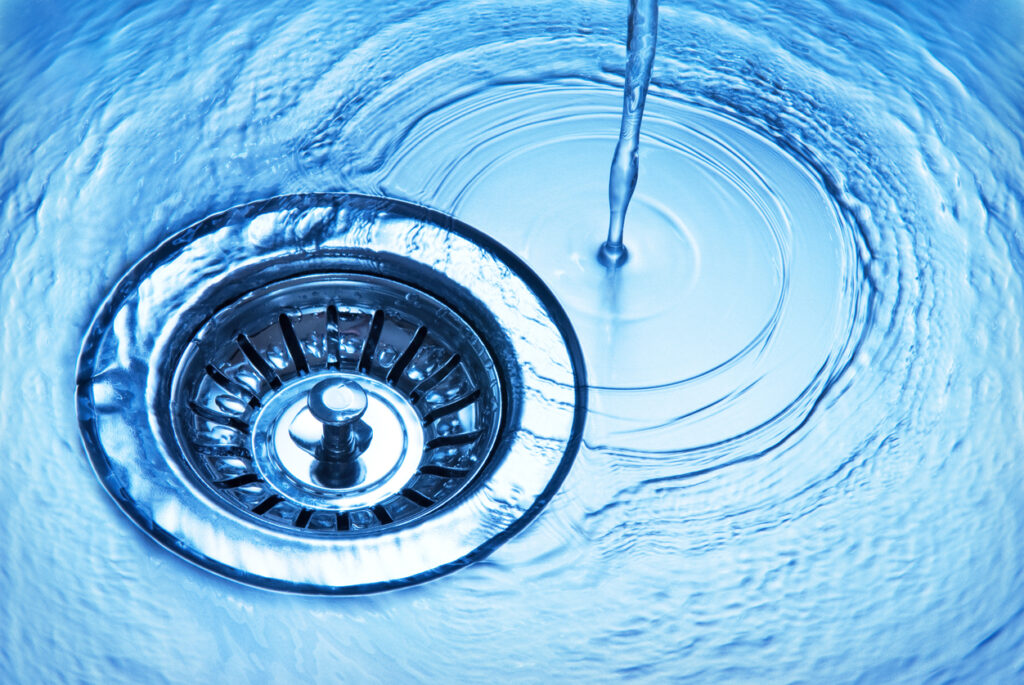
Dos of Drain Cleaning
- DO implement a routine drain cleaning schedule. Regular maintenance helps prevent the buildup of debris and minimizes the risk of clogs.
- DO use a natural, enzyme-based cleaner on a monthly basis to break down organic materials, such as grease and soap scum, that can accumulate in drains over time.
- DO flush your drains with hot water periodically. Hot water helps dissolve grease and other substances that might cling to the interior of your pipes.
- DO run hot water for a few minutes after each use, especially when dealing with kitchen sinks. This practice helps prevent grease and food particles from solidifying and causing blockages.
- DO use drain strainers in kitchen sinks, bathtubs, and showers to catch hair, food particles, and other debris before they enter the drain. Empty the strainer regularly to maintain its effectiveness.
- DO use a mixture of baking soda and vinegar as a natural and eco-friendly drain cleaner. Pour a cup of baking soda followed by a cup of vinegar down the drain, let it sit for 15 minutes, and then flush with hot water.
- DO seek professional help for persistent or severe clogs. Professional plumbers have the expertise and specialized equipment to tackle stubborn blockages without causing damage to your pipes.
Don’ts of Drain Cleaning
- DON’T rely on chemical drain cleaners regularly. While they may provide a quick fix, these harsh chemicals can damage pipes over time and pose health risks. Opt for safer alternatives like enzymatic cleaners.
- DON’T overload your garbage disposal with large quantities of food waste. Fibrous or starchy foods, as well as bones, can lead to clogs. Instead, dispose of such items in the trash.
- DON’T flush non-biodegradable items down the toilet. Items like wipes, sanitary products, and paper towels can cause blockages and sewer backups. Stick to flushing only toilet paper.
- DON’T attempt to disassemble pipes or use DIY tools aggressively. Improper handling can damage pipes and exacerbate the problem. Leave complex drain issues to professionals.
- DON’T ignore slow drains. Addressing slow drainage promptly prevents the issue from escalating into a complete blockage. It also allows you to identify and eliminate potential causes early on.
Maintaining clear and functional drains is vital for a healthy plumbing system. By adhering to the dos and don’ts of drain cleaning, you can ensure the longevity of your pipes, prevent plumbing emergencies, and enjoy a hassle-free home. And for those times when preventive maintenance isn’t enough to keep nasty clogs from forming, contact Norhio Plumbing. Our capable team is always ready to tackle your latest plumbing challenge.

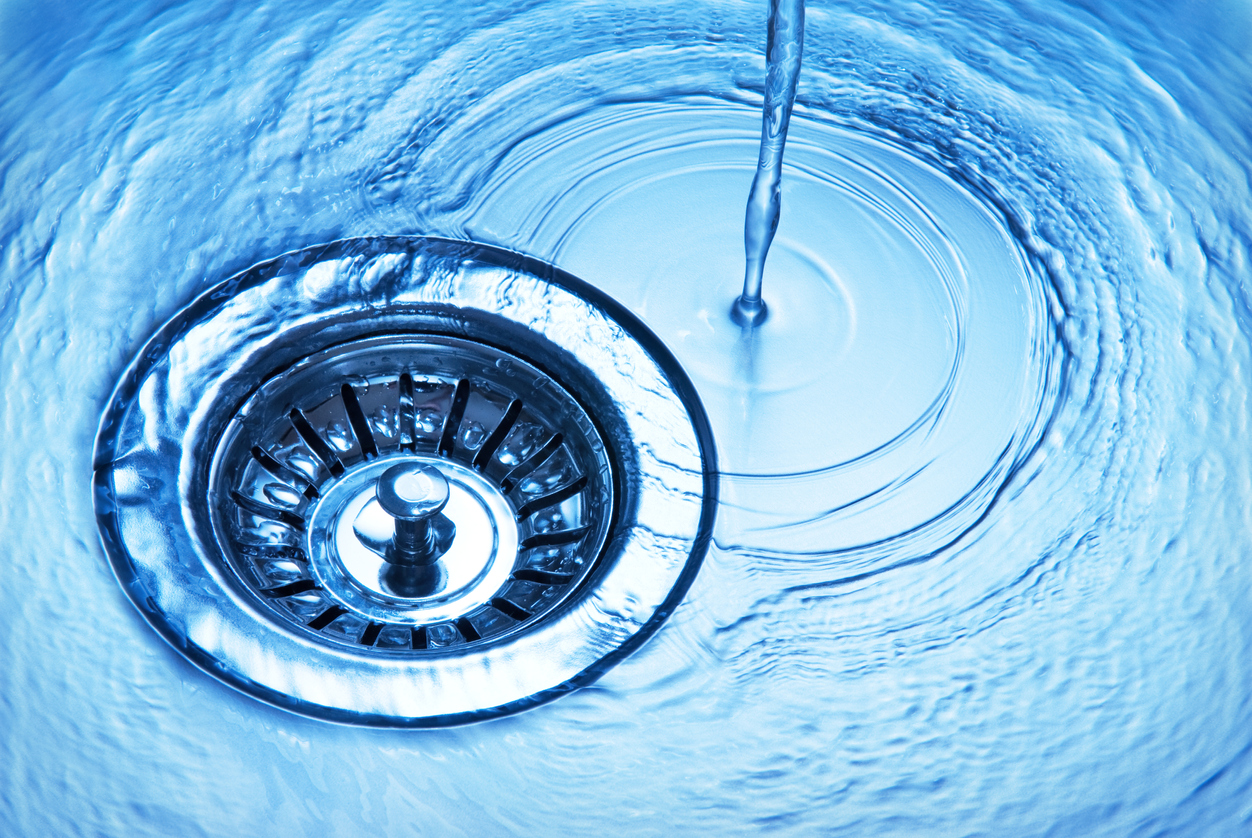
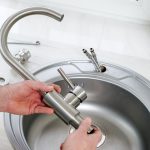


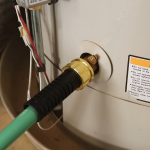

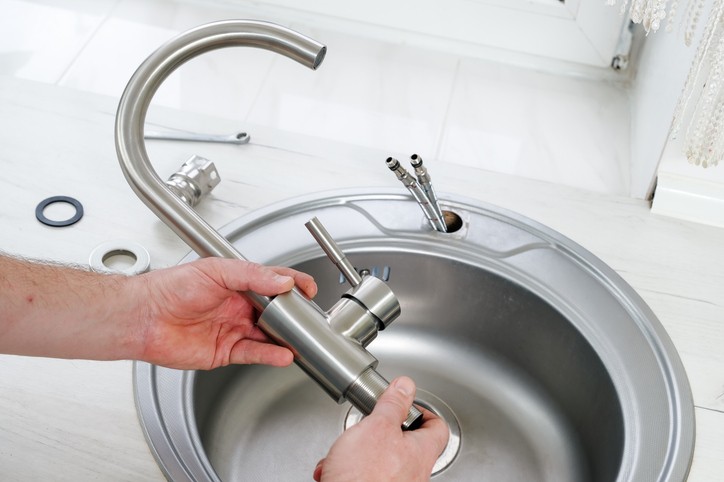
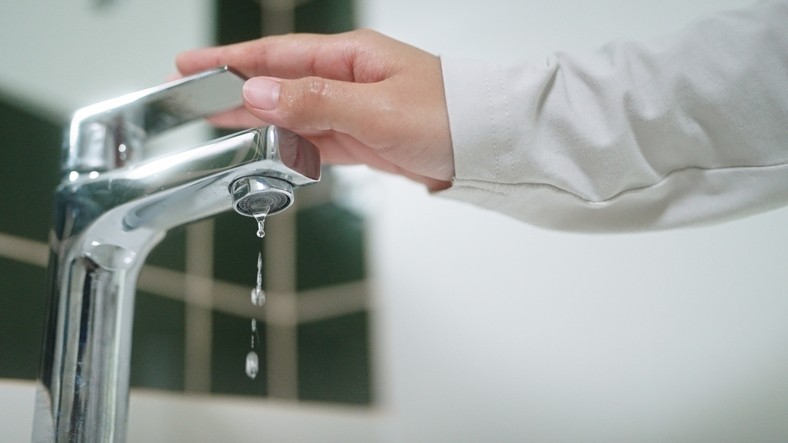
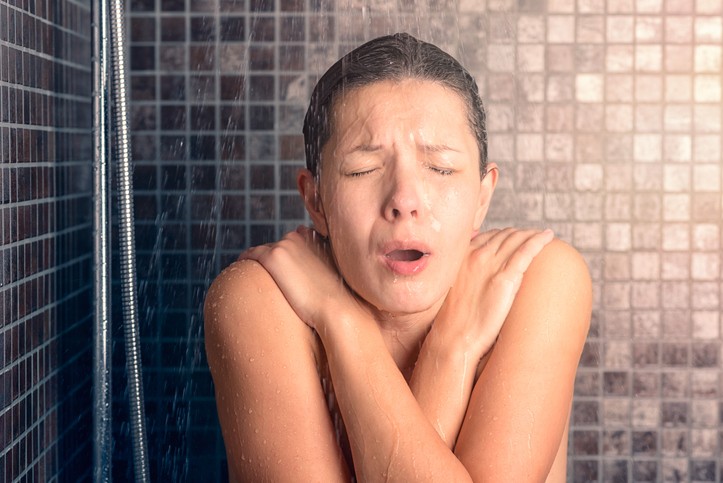
Leave a Reply